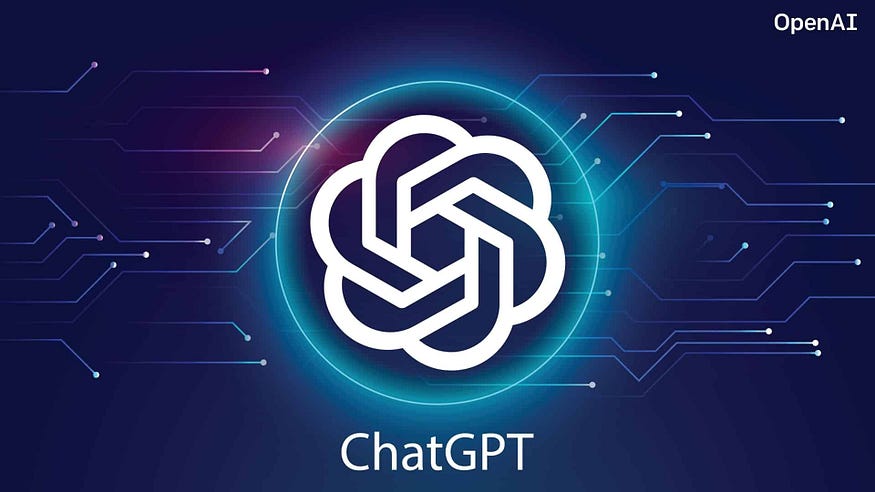The role of an AWS SysOps Administrator has become crucial as businesses increasingly migrate to cloud-based infrastructures. This guide provides an in-depth look at the responsibilities, tools, and skills required to effectively manage and optimize AWS environments.
For a visual walkthrough of the concepts covered in this article, check out my YouTube Video:-
What is AWS SysOps?
AWS SysOps (Systems Operations) refers to the tasks and responsibilities associated with deploying, managing, and operating applications on Amazon Web Services (AWS). SysOps Administrators ensure that cloud infrastructures are optimized, secure, and performing at their best.
Core Responsibilities
- System Monitoring & Management: Monitoring AWS services using tools like AWS CloudWatch to track the performance and health of cloud resources.
- Backup & Recovery: Setting up automated backup strategies and recovery plans using services like AWS Backup and Amazon S3.
- Security & Compliance: Implementing and maintaining security measures, such as IAM (Identity and Access Management), and ensuring compliance with security best practices.
- Automation & Optimization: Using tools like AWS CloudFormation and AWS Lambda to automate infrastructure and enhance cloud resource optimization.
- Cost Management: Monitoring and managing costs using AWS Cost Explorer and other financial management tools to optimize spending.
Essential Tools for AWS SysOps Administrators
- AWS CloudWatch: Provides monitoring for AWS resources and custom applications, offering real-time metrics.
- AWS CloudFormation: Automates resource provisioning with Infrastructure as Code (IaC), enabling administrators to model and set up AWS resources efficiently.
- AWS Trusted Advisor: Offers insights on security, cost optimization, fault tolerance, and performance improvement.
- AWS CloudTrail: Enables compliance by logging and tracking user activity across the AWS infrastructure.
Skills Required
- Networking & Cloud Infrastructure: A deep understanding of AWS network architectures, including VPC (Virtual Private Cloud), subnets, and route tables.
- Automation & Scripting: Experience with scripting languages like Python or Bash for automating repetitive tasks and managing cloud resources.
- Security & Identity Management: Knowledge of security protocols, encryption methods, and AWS IAM policies to ensure data integrity and compliance.
- Performance Monitoring & Troubleshooting: Ability to use tools like AWS CloudWatch to monitor systems and troubleshoot issues.
Common Challenges and Solutions
- Cost Overruns: Implementing proper cost monitoring tools and setting up AWS budgets to ensure resource utilization doesn’t exceed predefined budgets.
- Scaling & Availability: Using AWS Auto Scaling to ensure applications can automatically adjust to load and demand.
- Security Threats: Regularly auditing and updating IAM roles and policies to minimize security vulnerabilities, alongside implementing encryption and multi-factor authentication (MFA).
Certification Path
To validate your skills as an AWS SysOps Administrator, pursuing the AWS Certified SysOps Administrator — Associate certification is highly recommended. It covers topics like:
- Deploying, managing, and operating scalable and fault-tolerant systems on AWS.
- Implementing and managing security controls and compliance requirements.
- Performing operational tasks using the AWS Management Console and CLI.
Conclusion
An AWS SysOps Administrator is critical for ensuring smooth operations within AWS environments. By mastering AWS tools, understanding cloud infrastructure, and implementing best practices, SysOps Administrators can help organizations leverage the full potential of cloud technologies. With cloud management becoming more complex, staying ahead of trends and continuously improving skills will make you a valuable asset in any cloud-driven organization.
Connect with Me:
- YouTube ► S3 CloudHub Channel
- Facebook ► S3 CloudHub Page
- Medium ► S3 CloudHub Blog
- Demo Reference ► GitHub Repository
- Blog ► S3 CloudHub Blogspot
- Dev ► S3 CloudHub on Dev.to
- Free Udemy Courses ► Access Free Udemy Coupons


No comments:
Post a Comment